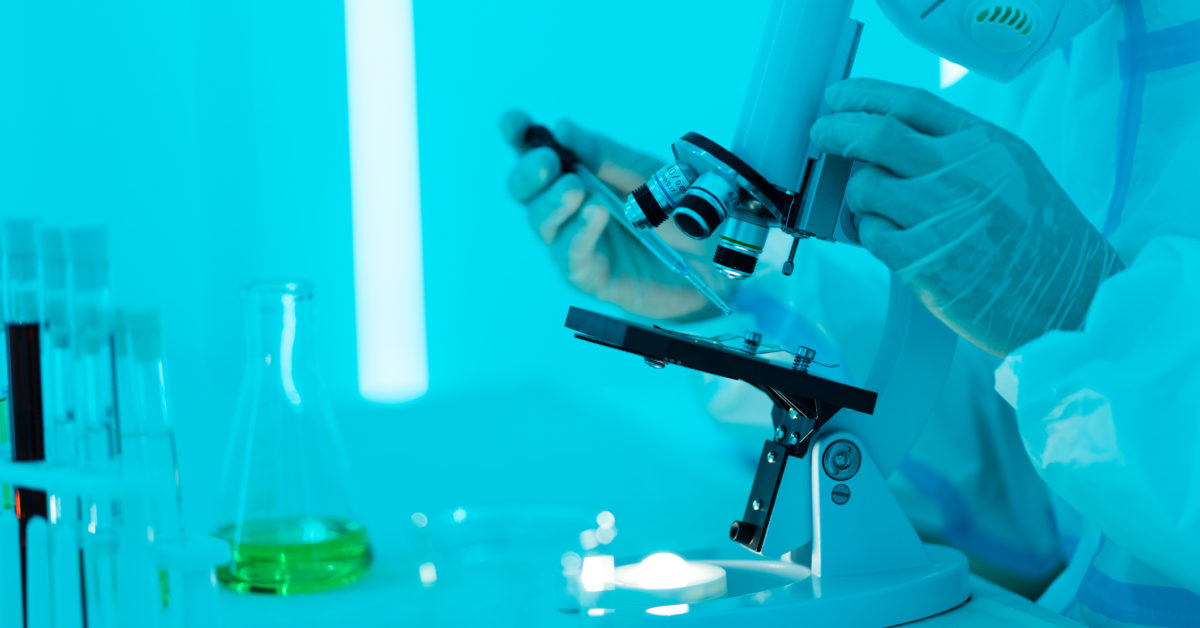We continue our Hope Behind the Headlines series. This week, we track the progress of a newly developed vaccine, examine the benefits of repurposing existing vaccines, and see how a synthetic antibody can “distract” and neutralize the new coronavirus before it reaches healthy cells.

Medical News Today previously reported on the research that Sarah Gilbert, a professor of vaccinology at Oxford University’s Jenner Institute in the United Kingdom, led on a potential vaccine.
The recombinant vaccine that the team developed uses a chimpanzee adenovirus (called ChAdOx1) that is harmless to humans, inserting into it the spike protein gene of SARS-CoV-2.
As this approach to developing vaccines has been “extensively tested in other situations,” and the research group has a successful track record in this area (which includes developing a promising vaccine against MERS, a “cousin” of SARS), experts were hopeful a few months ago that Prof. Gilbert’s team would devise an effective SARS-CoV-2 vaccine.
Stay informed with live updates on the current COVID-19 outbreak and visit our coronavirus hub for more advice on prevention and treatment.
However, there were concerns about dosage. At the time, Prof. Ian Jones from the University of Reading said, “More challenging […] will be working out if the amount given is sufficient to give full protection, and if it needs one dose or two.”
Now, in collaboration with The Pirbright Institute in the U.K., the Jenner Institute have tested the vaccine, called the ChAdOx1 nCoV-19 vaccine, in pigs and found that two doses create a greater antibody response than one dose.
According to The Pirbright Institute, phase I of the human clinical trials has already started. The researchers are testing a single dose of ChAdOx1 nCoV-19 because research in macaque monkeys showed that a single immunization with the vaccine protected against lung disease.
Researchers are now recruiting volunteers for the next phase of human clinical trials.
The fact that two doses proved more protective than one in pigs is important because it suggests that the same might be true in humans.
It also suggests that if the results of the human clinical trials are underwhelming at one dose, upping the intervention to two doses may yield better outcomes.
“These results look encouraging that administering two injections with the same vaccine boosts antibody responses that can neutralize the virus, but it is the response in humans that is important.”
– Prof. Bryan Charleston, director of The Pirbright Institute
“The pig has proved to be a valuable model for testing human vaccines for other diseases to give an indication of the type of immune response induced and testing different doses,” Prof. Charleston continues.
“Pigs are more physiologically similar to humans than some other animal models — for example, their body weight and metabolic rate — and are more accessible than studies using nonhuman primates.”
Researchers have made headway not only in developing new vaccines but also in repurposing old ones.
New research shows that the common vaccine that protects against measles, mumps, and rubella (MMR) could help prevent inflammation in COVID-19, which leads to severe symptoms.
The new stud

